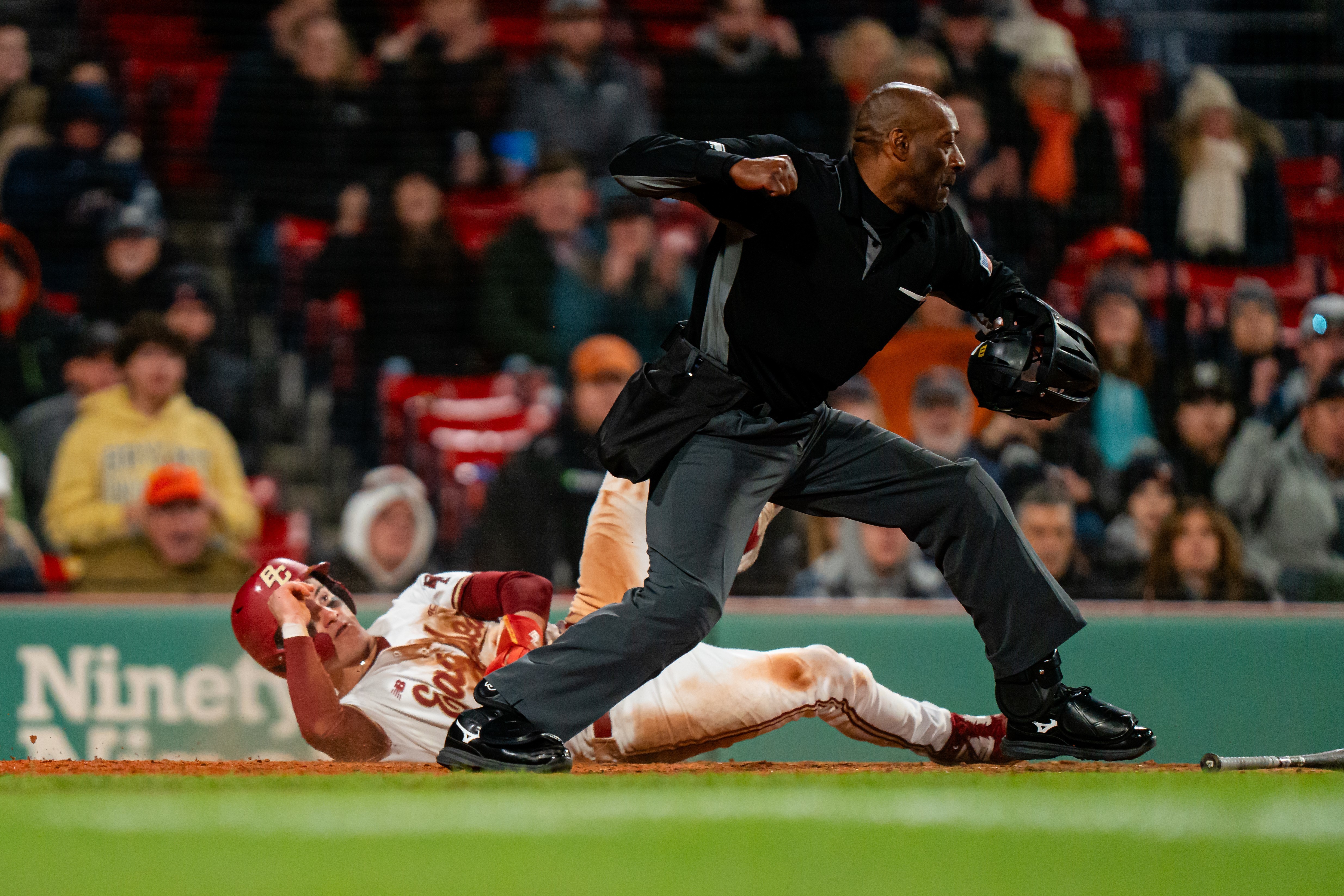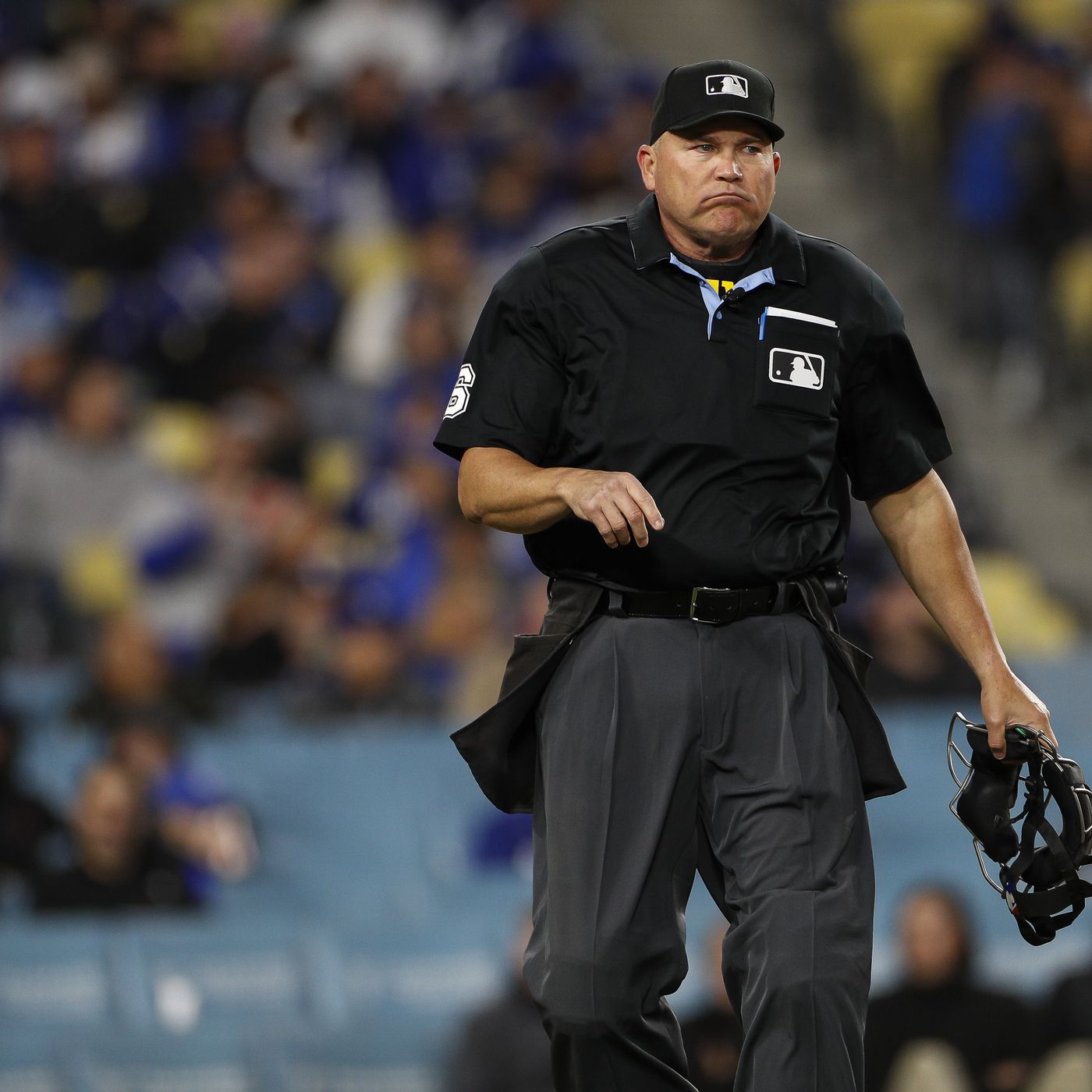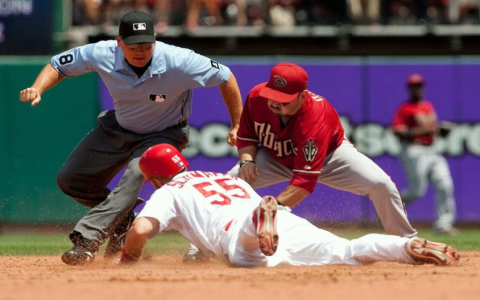Okay, so I recently got into umpiring, and let me tell you, it’s a whole different ball game from just watching from the stands. I’ve always been a huge baseball fan, and I thought, “Hey, why not get closer to the action?” So, I started digging into what it takes to become an umpire, specifically for the College World Series. That’s like the dream, right?

First off, I had to get some basic info. I found out that there’s this guy, Ramon Armendariz, who’s umpiring for the 2023 CWS. He’s been at it for a while, working with the Western Athletic Conference and the Pac-12. That gave me a bit of hope, seeing someone actually make it to that level.
Then, I started looking into the rules and the whole process. It’s not as simple as just showing up and calling balls and strikes. Turns out, there’s a lot of work that goes into it. I stumbled upon a clinic led by Scott Cline, a Division I College World Series umpire. I wish I could have gone to that. These guys are like the pros of college umpiring, and learning from them directly would have been amazing.
How Do They Get Selected?
So, how do these umpires get picked for the big games? It’s not a lottery, that’s for sure. From what I gathered, you gotta be active, like, really active. It’s not a part-time gig; you have to be umpiring games regularly, probably at lower levels first. And then there’s this whole evaluation process. There are people watching, taking notes, and giving ratings. It’s intense.
I also read about this young umpire, Jim Garman, who made it to the College World Series at 32. That’s pretty young in the umpiring world. It’s inspiring, but also, man, it shows how much dedication it takes to get there.
The Money Talk
Now, let’s talk about the money. I heard that the umpires working the World Series get a pretty good bonus. It’s not a fixed amount. It is said that they can get a bonus of around $20,000 if the series goes long, but if it’s a short series, it’s less. Either way, it’s not just about the money. It’s about the prestige, the recognition, and being part of such a huge event. But still, a nice bonus like that doesn’t hurt, right?

What’s Required?
- Education: You need at least a high school diploma or GED. That’s the easy part.
- Vision: 20/20 vision, with or without glasses. Makes sense, you gotta see those pitches.
- Physical Fitness: Some athletic ability and a reasonable weight are required. You’re running around, and it can get tiring.
- Communication: Good communication skills. You’re dealing with players, coaches, and sometimes angry fans. You have to keep things under control.
I started practicing in local leagues. It’s tough, I won’t lie. You have to be sharp, focused, and ready for anything. But it’s also incredibly rewarding. I’m still a long way from the College World Series, but hey, everyone starts somewhere, right? This whole journey has been eye-opening. It’s given me a whole new appreciation for the umpires and the work they do. It’s not just about the calls they make; it’s about the passion, the dedication, and the love for the game.
I don’t know if it can happen or not, but I’m not giving up. I have read so many stories and I know I can do it too.













